Gaming addiction, A.I. advancement and Machine Learning – Are we possessed already?
Scientists and Psychologists find themselves at odds with tech companies; some say it’s the advent of a ‘dystopian’ future.
What’s the NEWS?
World Health Organisation (WHO) included “gaming disorder” in its 11th revision of internationally recognized diseases. While putting the organisation at odds with the gaming industry, this has stirred a broader discussion among scientists, psychologists, and tech companies.
WHO’s listing describes addiction to electronic and digital video games as a mental and health disorder.
What lead to this is the dawn of a digital universe made up of 0’s and 1’s, which takes you on a journey through gloomy dark blue clouds and an earth with merely 20% of its surviving population- striving to prevail over zombies. A technology giant in its latest edition of a popular game boasts about bringing the idea of ‘making cults’ and ‘psychology of criminal intent’ to life.
I guess Mario Bros would have never thought their arena could go all gangsta!
Experts voice their concerns
A 2012 journal on ‘gaming syndrome’ suggested that these all-consuming digital games, popularly called ‘exciting’, have their audience hooked indefinitely. Here, in some cases, the fragile psyche of players might not be equipped to exercise discretion &/or caution.
Shekhar Saxena of WHO said, “We have been reviewing the evidence for gaming behavior as a disorder for past several years”.
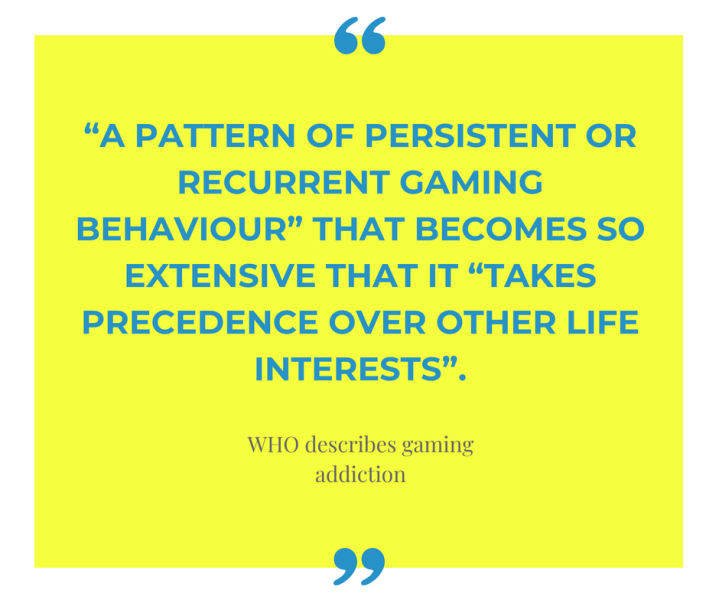
Shekhar added, “..the person loses control over gaming and ignores other essential activities like sleeping, eating, participating in education or work, which consequently harms the person. In spite of the harm, the person continues with gaming.”
PARENTS have been perturbed about the time their kids have been spending in front of the consoles, smartphones or digital screens in general.
WHO further explains that only a small number of people who play digital and video games would develop mental disorders. It also emphasises that early warning signs can help prevent it.
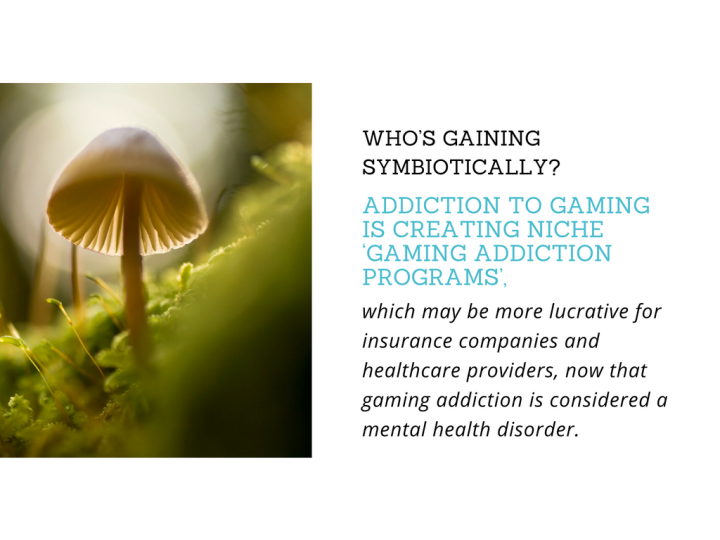
Why do Smartphones, social media and digital games keep us hooked?
Well..they are designed to do so!
Tech industry uses human psychology and calls it ‘behavioral design’ or ‘persuasive tech’. Companies don’t even conceal it; Apple readily admits that its products are addictive, in fact, it just launched a new feature to help its users monitor and control their usage of Apps and programs on the hand-held device.
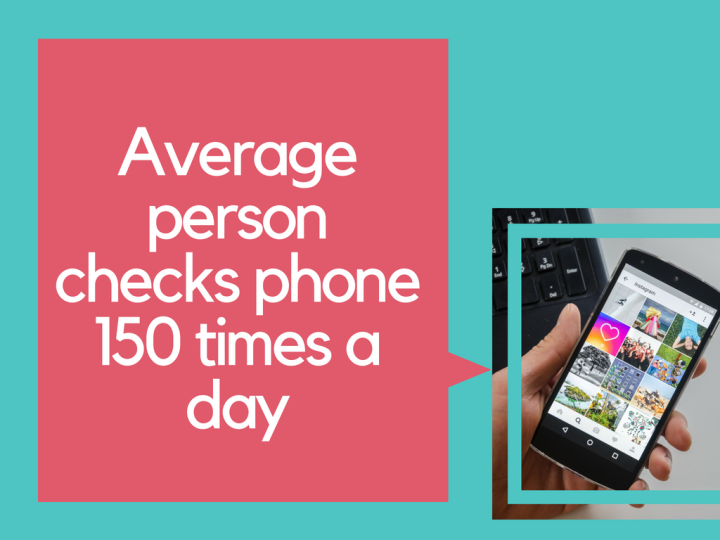
Psychologists though have started to describe the deliberate engineering of the addiction as an unethical practice.
But, in the meantime, for a tech company in ‘the attention economy’, the more time a user spends online, the more money it makes on advertising revenue.

How human psychology is weaved into digital design?
Digital designs today find feedback loops within Apps and systems. Such feedback loops are based on the well-known concept of ‘dopamine loops’- where you tend to get a rush for a particular type of interaction.
Many software and App designers utilize these to keep users on the platform. Ultimately, these platforms and engagements are not so you share information or for you to communicate or for you to take a break from a hectic work schedule, but to keep you hooked on a platform translating into $$$$ (dollar signs).
Who is designing the scheme?
‘Gamification’ is the centerpiece in platform development – where more and more psychological aspects are being introduced into our lives, so it is no longer restricted to social media or digital games but are being used at work.
Which leads us to an intriguing discussion – is it correct to use these things (dopamine loops, gamified A.I. etc.) to persuade us to make a decision? How ethical is this?
Games and digital platforms can be incredibly persuasive. For a company developing and designing these products, profit overrides the ethical decision making. Also, well touted as technological advancement, to impose blanket regulations would be unjust.
So, more than a consuming discussion on a dystopian future of manipulative Apps, Programs, and software, it is important to help subjects (gamers, users and addicts) to develop critical thinking.
Same story, different tellers
When we have a new form of media being used by children, that perhaps parents don’t understand or use themselves, we often get these kinds of moral panics.
Today it is digital games and platforms, in previous years it was staying up late and watching television, or reading books with trashy content.
So, rather than cracking down on tech advancement, it is important to rethink the role technology plays among families.
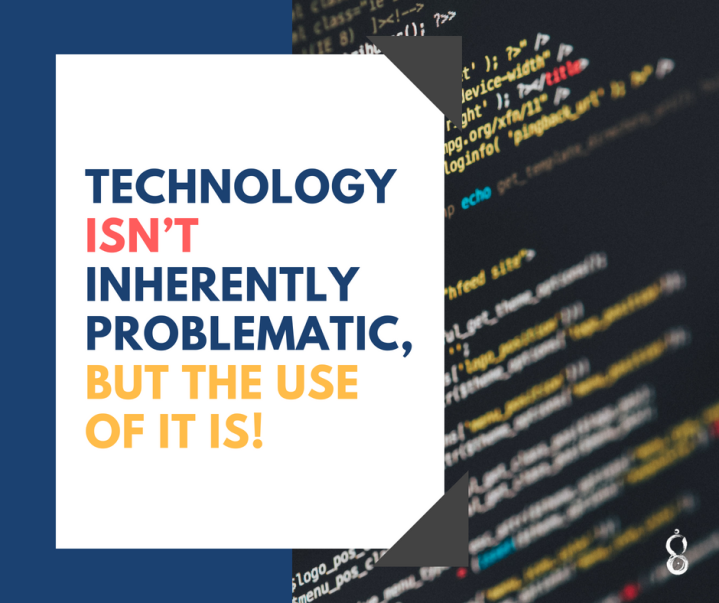
Technology isn’t inherently problematic, but the use of it is!
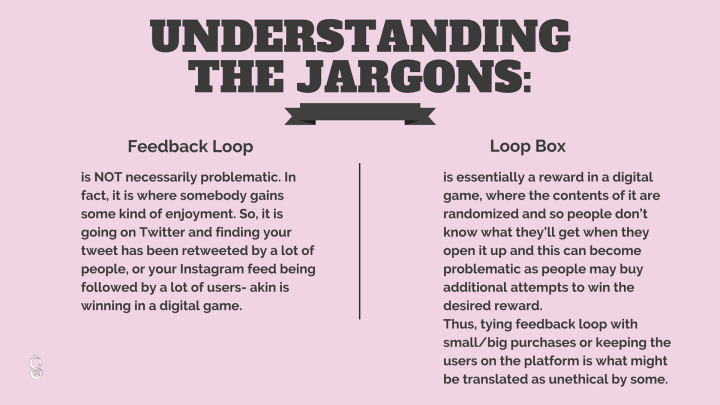
Is all this doing something deeper to its user, than what meets the eye?
Technological advancement, in general, has been known to change the way humans react and interact to stimuli. Although there are cases of addiction, butthis is not a general use case.
Impact of the shift towards Artificial Intelligence (A.I.) and Machine Learning (M.L.)
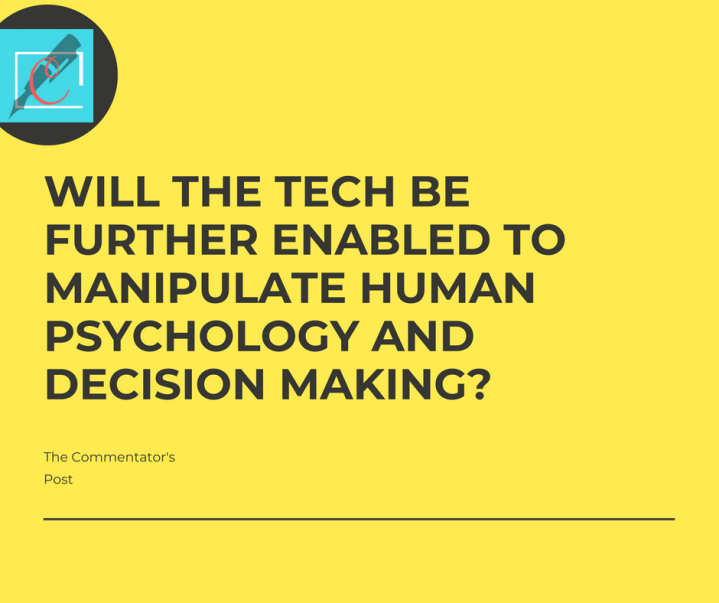
Psychology remains a difficult thing to program. People are contradictory in opinion with conflicting emotions. So, not sure if we’ll soon find a use case of a future where A.I. tricks us.
For now, we can continue to concentrate on how we can utilise A.I. to our benefit and develop critical decision-making skills in users to avoid tech addiction.
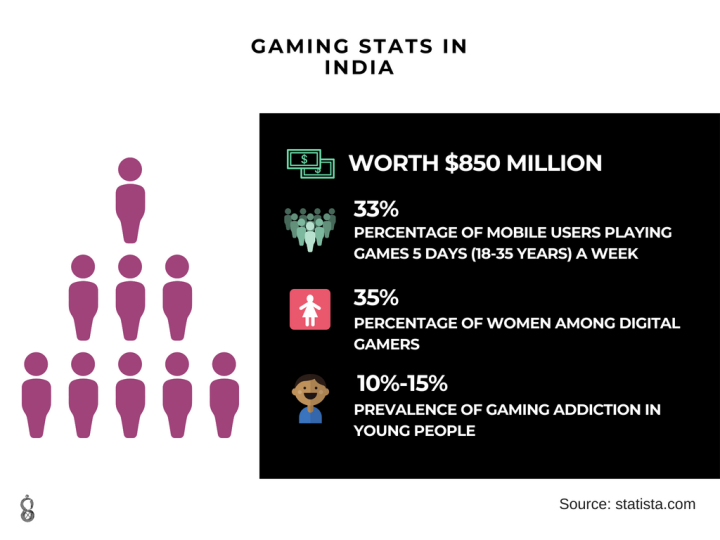
Article By: Rahul Jain
The author is Ex CEO of a National Print Publication in India. A marketing Expert, he specializes in designing interactive communication solutions by utilizing his unique understanding of human behavioral traits. Connect with him here
